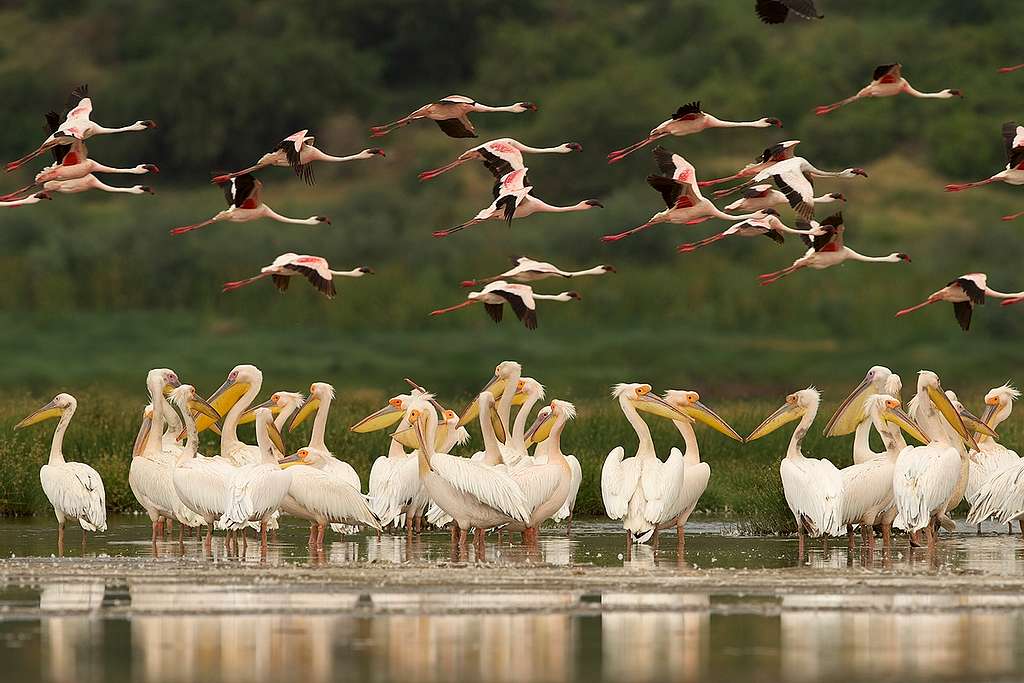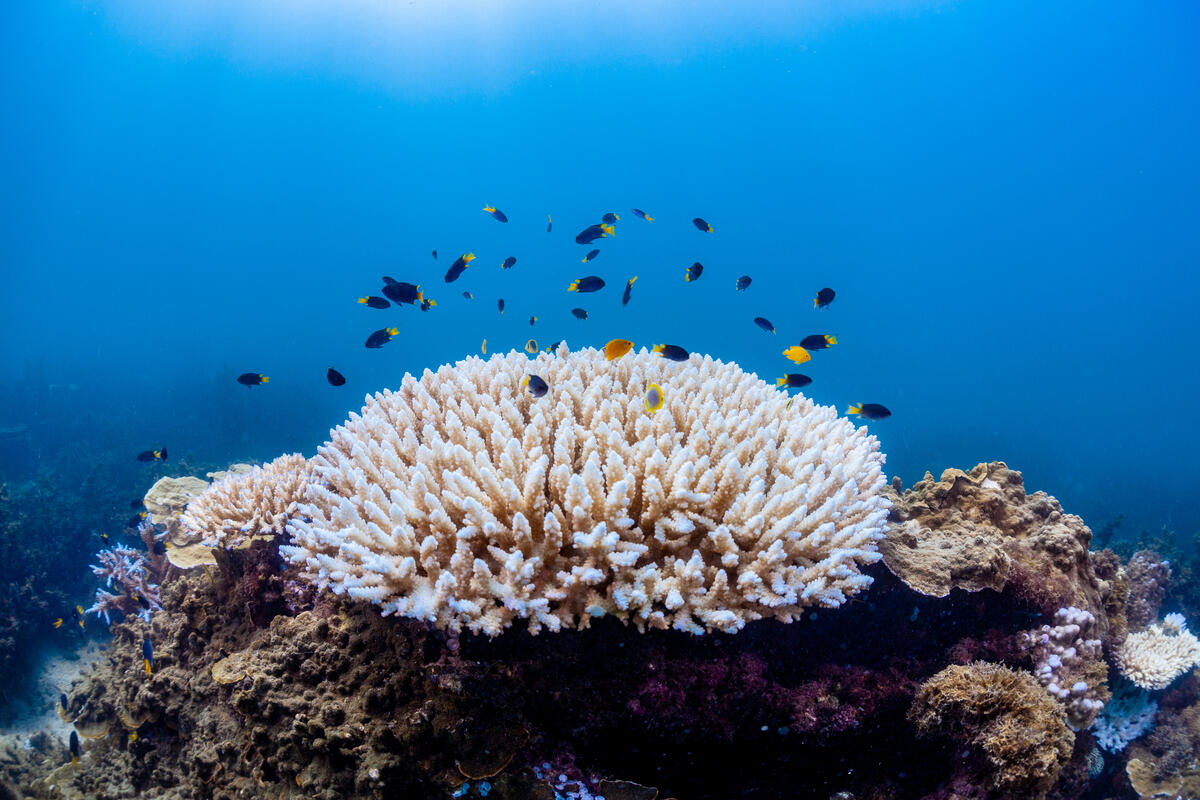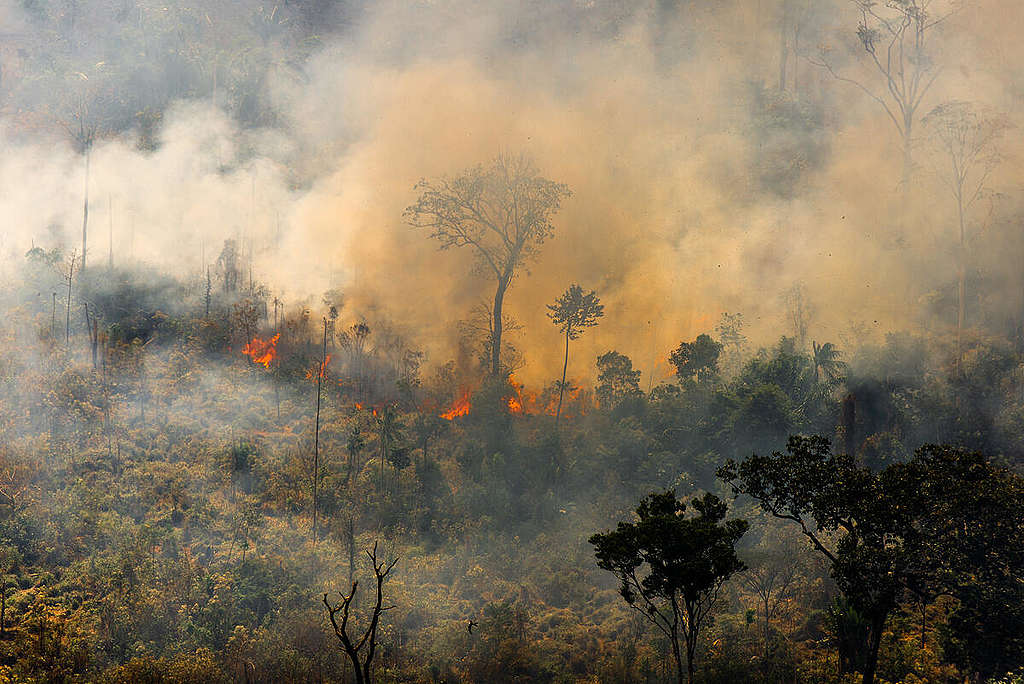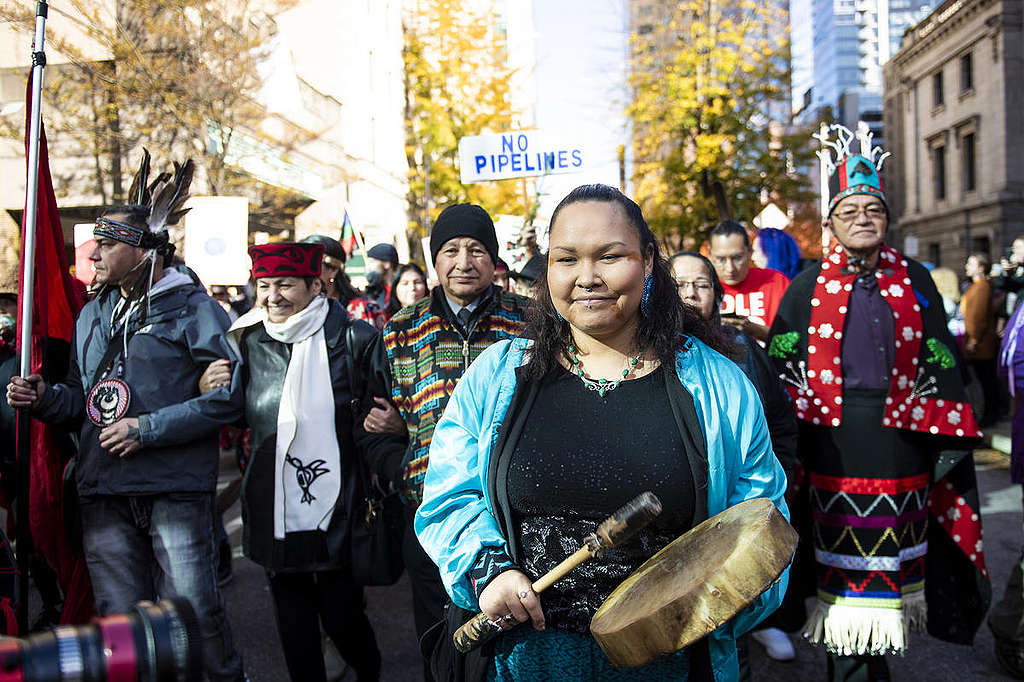Our natural earth is dying. It is on the brink of collapse.
Just 15% of the world’s forests remain intact
, and only 3% of the world’s oceans are free from human pressuresMainly due to human pressures, the planet is losing species – its biodiversity – at an alarming rate, thought to be comparable only to the 5th mass extinction 65 million years ago.

What is biodiversity and why is it important?
Biodiversity is built from three intertwining threads: ecosystem diversity, species diversity, and genetic diversity. Put simply, the more diverse these interwoven natural systems are, the more resilient they are to disturbances.
The relationships between all living plants and animals create “the web of life”, which can be seen as a safety net that helps ensure the survival and welfare of all living things on this planet, including us humans.
When there’s balance, all these things work together to clean our water, purify our air, maintain our soil, regulate the climate, stop disease outbreaks, recycle nutrients and provide us with food.
But whenever a species disappears it’s like a thread in the web is cut, leaving holes in the planet’s safety net and shifting the finely balanced systems.

For example, corals create habitat for so many marine species that if they disappear, the whole ecosystem can collapse creating a cascade of wildlife mortalities and species loss.
That’s exactly what’s happening on Australia’s Great Barrier reef, one of the world’s most diverse reef ecosystems, which has lost more than half of its coral population
since 1995 due to mass coral bleaching events and is dying before our eyes.
Here are 5 ways biodiversity supports life on earth:
- Nature gives us what we need. Food, clean air, and water are the foundations of life and Earth’s biodiversity has provided civilisations with the essentials we need to survive on this planet.
- Nature protects us. Some of the most important roles of biodiversity are defensive. Our ecosystems help to regulate our climate and insure against disease outbreaks like Covid-19.
- Nature keeps things flowing. Nitrogen and phosphorus are the two primary biological nutrients required by all life on earth that circulate through Earth’s ecosystems. Human activity has so thoroughly disrupted Earth’s natural nutrient cycles that we have degraded soils and created aquatic dead zones.
- Nature nourishes our spirit. As many Indigenous and forest peoples know well, we are part of nature, not apart from it. There are so many spiritual and recreational benefits in nature. Even in western science, the psychological benefits of nature
- Nature could solve future problems. Scientific knowledge continues to grow and evolve. The more that we can keep alive and thriving, the greater that knowledge can be. For example, nature has helped, and continues to help in important medical advances

So what’s destroying our biodiversity?
As societies (and economies) have grown, so has their ecological footprint. Extractive capitalism has commodified nature, and caused some to forget its true value. The pursuit of limitless economic growth is a huge source of injustice, exploiting people and the planet alike.
Destructive industries are piling more pressure on our planet’s web of life than at any other point in human history. Mega corporations are burning polluting fossil fuels, are setting forests on fire to clear land to grow agricultural commodities and for single use products, and are plundering ever deeper and more remote areas of the oceans, they’re also polluting politics
and holding our governments hostage in the process.
Rather than working on a solution, governments are propping up the problem. Bailing out pesticide giants
and destructive industrial farming with public money, or pumping billions into dirty energyEndless pursuit of limitless growth, on a planet with finite resources, has a predictable end that’s already in sight. So much of the wildlife on this planet, including humanity most likely, is heading for extinction.

How can we save nature and ourselves?
Governments must stop prioritising corporate profits and rethink the way we produce and consume food and other goods to ease the pressures on nature. Transform our systems to value both people and the planet we rely on, and to put our wellbeing at the heart of spending and policy decisions.
Governments need to restore the balance of power to communities and listen to the Indigenous custodians of lands and oceans
. Working in partnership with people who are connected to, and rely on nature, is the surest way to protect wild places.
We need to protect what biodiversity is left, so that it can, to some extent, recover. Creating vast ocean sanctuaries and rights-based protections on land can help tackle climate breakdown, species loss, food security and the risk of future pandemics.
Important global agreements like the Convention on Biological Diversity (CBD) which holds its COP15 meeting in Kunming
this year is an opportunity for governments to forge a new relationship with nature. If we protect nature, we can build up resilience to combat climate crises and future epidemics, and help protect people and the planet.
This year, Greenpeace is calling on governments to agree to an ambitious and implementable rehabilitation plan for nature. We’re calling for a commitment to bold targets that protect at least 30% of our lands and oceans by 2030, with a clear plan for how to get there in partnership with local and Indigenous communities, and enough funding and resources to make it happen.
We cannot risk destroying the web of life that sustains us. We are part of nature, and if it disappears, our future will disappear with it. Protecting biodiversity is a way to protect ourselves.
Want to do more?
Right now we have the chance to Protect the Oceans. Call on governments to create the world’s biggest network of marine sanctuaries.
Marie Bout is a Global Communications Strategist with the Greenpeace International Political Unit.

No comments:
Post a Comment
Note: Only a member of this blog may post a comment.